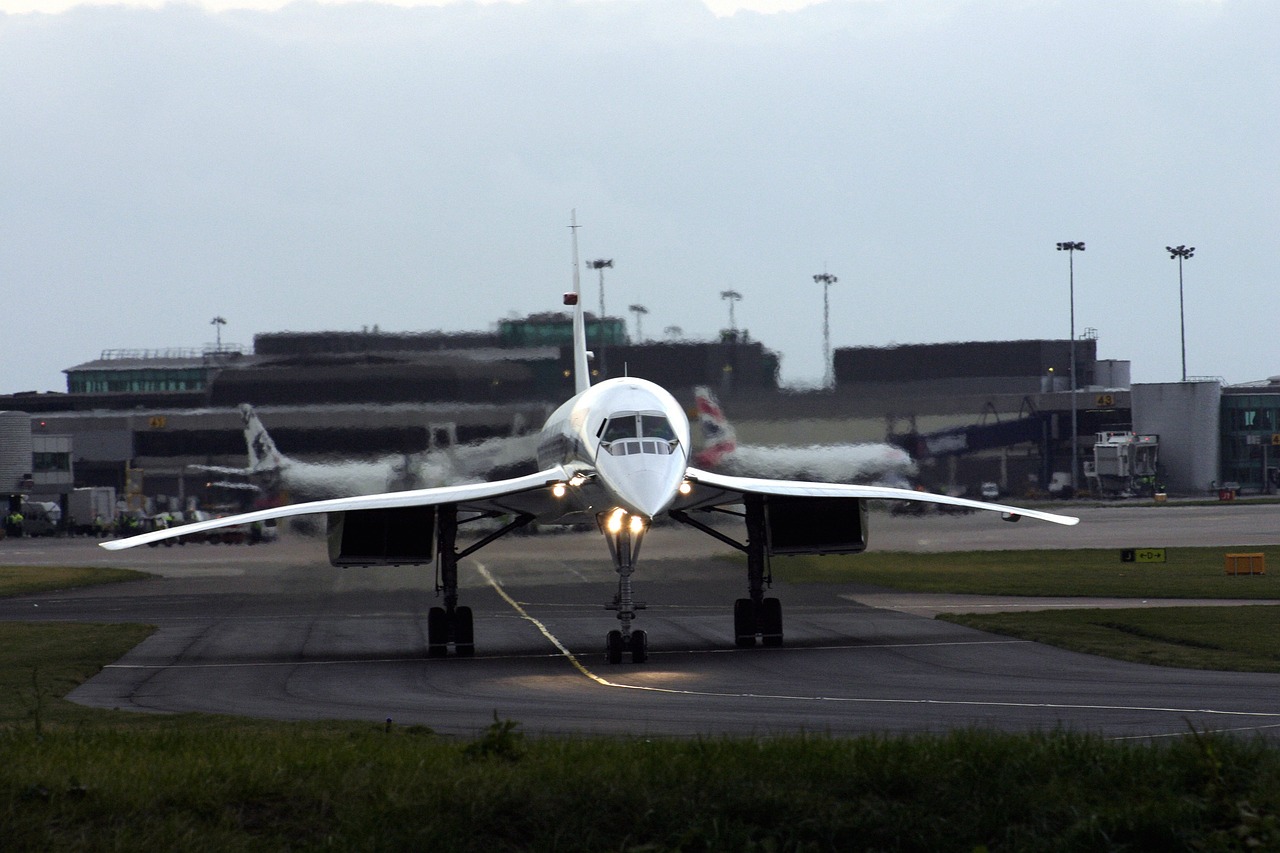Meet The New Concorde - Virgin Galactic Mach 3.0 Supersonic Jet
Virgin Galactic rocked the aviation world, with news that they are entering the supersonic race with their own incredible, Mach 3.0 supersonic jet. How fast does it go and when will we fly on it? Let’s find out. Virgin Galactic a brand of Sir Richard Branson famous for its Low Earth Orbit rocket ship has decided to throw in its hat into the aviation marketplace. Specifically with a supersonic jet capable of flying at Mach three. This is a big deal because this is roughly double the speed of the Concorde.

Concorde : Passenger Supersonic
The company has only finished a mission concept review with NASA, but it's confident to move forward to further development. Speaking to the press, Chief Space Officer George Whitesides at Virgin Galactic said – We are excited to complete the mission concept review and unveil this initial design concept of a high speed aircraft, which we envision as blending safe and reliable commercial travel with an unrivalled customer experience. We are pleased to collaborate with the innovative team at Rolls Royce as we strive to develop sustainable cutting edge propulsion systems for an aircraft. And we are pleased to be working with the FAA to ensure that our designs make a practical impact from the start. We have great, great progress so far, and we look forward to opening up a new frontier in high speed travel. An high speed travel is something that should be sought after. While you can pay to fly in incredible luxury, you cannot arrive at your destination in faster than someone sitting in the back of the plane. This will change everything.
Let's discuss what it will be like on board this new Virgin Galactic aircraft. According to the air frame maker, the cabin will seat nine to 19 passengers depending on how much luxury the aircraft is fitted with. There will be enough room for nine lifelike beds or the equivalent of a Singapore Airbus A380 first class cabin in the low density configuration, or 19 seats if the operator wants to fly in a high density configuration. Before you land bus the designers for not including lie-flat seats on board the high density configuration, remember that passengers on board won't need to sleep when they fly to their destination at Mach three. And what do we mean by Mach three?
Well, Mach three is the equivalent of 3,700 kilometers per hour or 2,300 miles per hour. In real terms, if you are flying from London from New York, which is five and a half thousand kilometers or three and a half thousand miles, it would take approximately seven hours and 50 minutes on a standard subsonic aircraft. Two hours and 52 minutes is the record time of the Concorde, or Virgin Galactic new offering can fly that distance, in one hour and 30 minutes. This is twice the speed of the Concorde. Once you understand how fast this aircraft is, it becomes no contest for anything else on the market. While researching for this blog post, this Author also tested some other destinations with staggering eye water results like Sydney to Melbourne in 11 minutes and 33 seconds, Sydney to London in four hours 35 minutes and five seconds, Los Angeles to New York in one hour and three minutes and 46 seconds, Los Angeles to San Francisco in nine minutes and three seconds, London to Paris in five minutes and 35 seconds, London to Dubai in 44 minutes and 19 seconds, Tokyo to Los Angeles in two hours 22 minutes and 37 seconds and lastly Tokyo to Sunny Honolulu in one hour 40 minutes and 20 seconds.
There are plenty of issues with the above numbers such as takeoff and landings range and Sonic Boom restrictions. But it does give you a great perspective. The aircraft will be flying so fast that it will need to fly at 60,000 feet to avoid other aircraft. But the team at Virgin Galactic plan to have it land at normal airports and use the same infrastructure such as airport gates. From here Virgin Galactic will progress to the next phase of design consisting or detailing specific system architectures and configurations and determining which materials to use in the design and manufacturing of the aircraft. The team also works to address key challenges in thermal management, maintenance, noise emissions and economics that routine of high speed commercial flights would entail. Just like the battle between the Concorde, the TU-144 and the Boeing 2707. Could we be entering the next supersonic race?






0 Comments